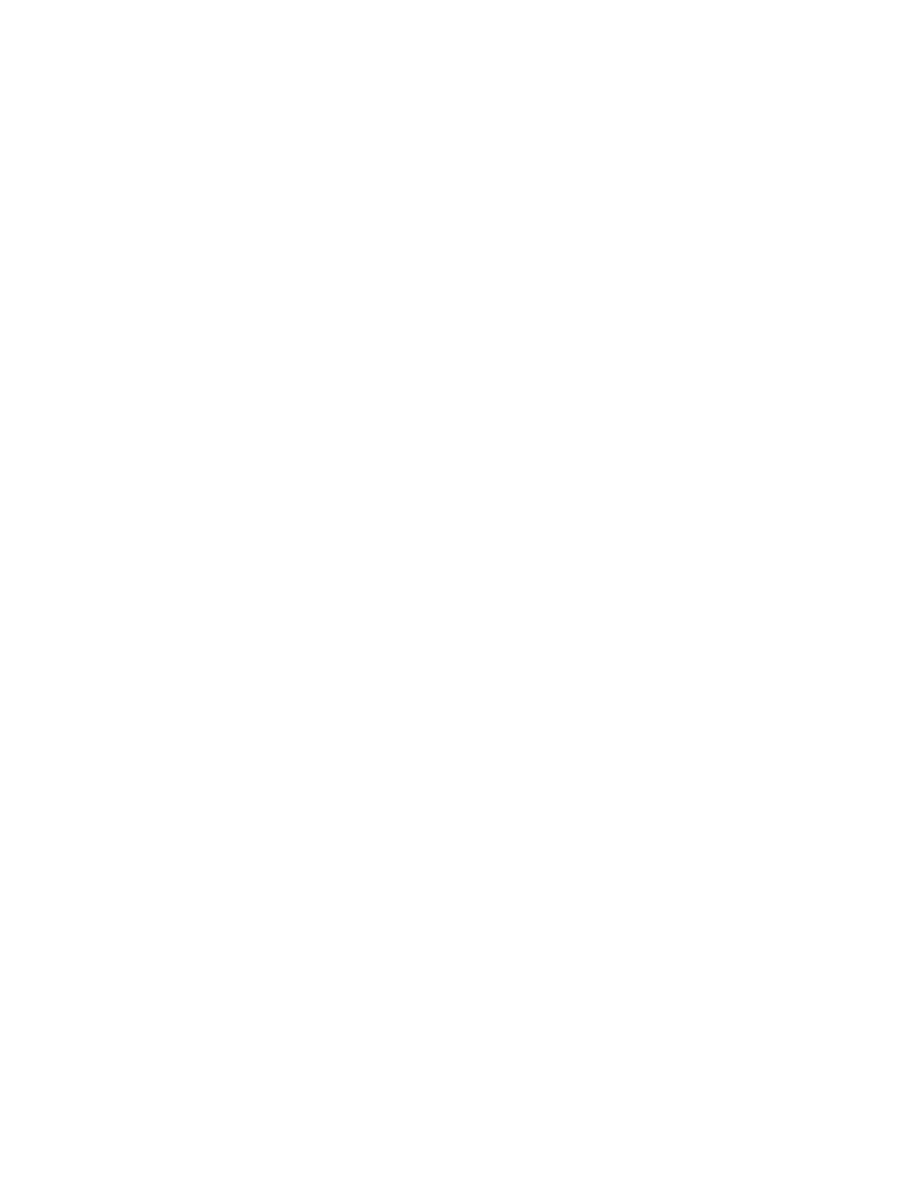
654
14 CFR Ch. I (1–1–14 Edition)
§ 27.505
(2) With the rotorcraft in the level
landing attitude, a vertical ground re-
action load equal to one-half of the
vertical load determined under para-
graph (b) of this section. This load
must be—
(i) Applied only to the skid tube and
its attachment to the rotorcraft; and
(ii) Distributed equally over 33.3 per-
cent of the length between the skid
tube attachments and centrally located
midway between the skid tube attach-
ments.
[Doc. No. 5074, 29 FR 15695, Nov. 24, 1964, as
amended by Amdt. 27–2, 33 FR 963, Jan. 26,
1968; Amdt. 27–26, 55 FR 8000, Mar. 6, 1990]
§ 27.505
Ski landing conditions.
If certification for ski operation is
requested, the rotorcraft, with skis,
must be designed to withstand the fol-
lowing loading conditions (where
P is
the maximum static weight on each ski
with the rotorcraft at design maximum
weight, and
n is the limit load factor
determined under § 27.473(b).
(a) Up-load conditions in which—
(1) A vertical load of
Pn and a hori-
zontal load of
Pn/4 are simultaneously
applied at the pedestal bearings; and
(2) A vertical load of 1.33
P is applied
at the pedestal bearings.
(b) A side-load condition in which a
side load of 0.35
Pn is applied at the
pedestal bearings in a horizontal plane
perpendicular to the centerline of the
rotorcraft.
(c) A torque-load condition in which
a torque load of 1.33
P (in foot pounds)
is applied to the ski about the vertical
axis through the centerline of the ped-
estal bearings.
W
ATER
L
OADS
§ 27.521
Float landing conditions.
If certification for float operation is
requested, the rotorcraft, with floats,
must be designed to withstand the fol-
lowing loading conditions (where the
limit load factor is determined under
§ 27.473(b) or assumed to be equal to
that determined for wheel landing
gear):
(a) Up-load conditions in which—
(1) A load is applied so that, with the
rotorcraft in the static level attitude,
the resultant water reaction passes
vertically through the center of grav-
ity; and
(2) The vertical load prescribed in
paragraph (a)(1) of this section is ap-
plied simultaneously with an aft com-
ponent of 0.25 times the vertical com-
ponent.
(b) A side-load condition in which—
(1) A vertical load of 0.75 times the
total vertical load specified in para-
graph (a)(1) of this section is divided
equally among the floats; and
(2) For each float, the load share de-
termined under paragraph (b)(1) of this
section, combined with a total side
load of 0.25 times the total vertical
load specified in paragraph (b)(1) of
this section, is applied to that float
only.
M
AIN
C
OMPONENT
R
EQUIREMENTS
§ 27.547
Main rotor structure.
(a) Each main rotor assembly (in-
cluding rotor hubs and blades) must be
designed as prescribed in this section.
(b) [Reserved]
(c) The main rotor structure must be
designed to withstand the following
loads prescribed in §§ 27.337 through
27.341:
(1) Critical flight loads.
(2) Limit loads occurring under nor-
mal conditions of autorotation. For
this condition, the rotor r.p.m. must be
selected to include the effects of alti-
tude.
(d) The main rotor structure must be
designed to withstand loads simu-
lating—
(1) For the rotor blades, hubs, and
flapping hinges, the impact force of
each blade against its stop during
ground operation; and
(2) Any other critical condition ex-
pected in normal operation.
(e) The main rotor structure must be
designed to withstand the limit torque
at any rotational speed, including zero.
In addition:
(1) The limit torque need not be
greater than the torque defined by a
torque limiting device (where pro-
vided), and may not be less than the
greater of—
(i) The maximum torque likely to be
transmitted to the rotor structure in
either direction; and
VerDate Mar<15>2010
10:12 Mar 18, 2014
Jkt 232046
PO 00000
Frm 00664
Fmt 8010
Sfmt 8010
Y:\SGML\232046.XXX
232046
pmangrum on DSK3VPTVN1PROD with CFR